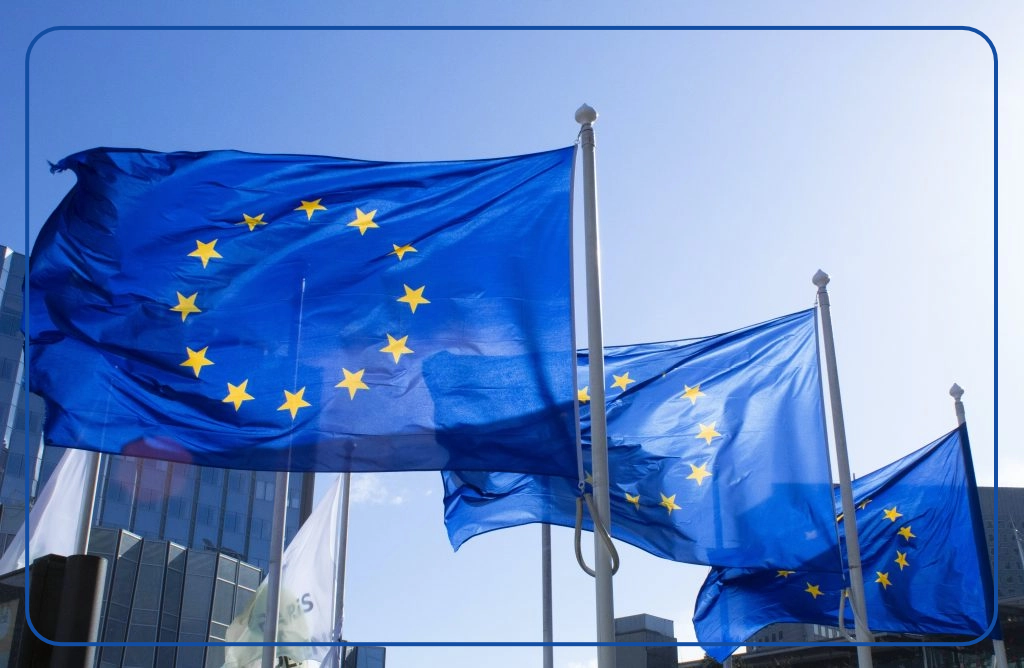GAIA X: Concrete need for action

If we want to rise to the current challenges facing society, we need to seize two opportunities: Digitization and – it almost sounds anachronistic – Europe. Whether it’s climate protection, the mobility revolution or pandemic control: the integrated market for fluctuating renewable energies, the use of the same app for bike sharing in Amsterdam, Wroclaw and Malaga, or the standardized vaccination passport will only succeed if a multitude of data from different sources can be brought together and made usable across borders.
The European way: GAIA-X
In the U.S., monopoly platforms are being created for this purpose, and in China, state-controlled digitalism is producing completely transparent citizens. Europe, on the other hand, is embarking on a search for the third way; a way in which citizens’ rights, the protection of personality and privacy or property rights should also apply in the digital space: GAIA-X.
The reference to the earth goddess seems exaggerated, but in fact GAIA-X promises a digital world, a space of possibilities, in which data exchange can develop freely according to our European values and standards – via the definition and provision of a uniform (IDS) architecture as well as central services and structures, e.g. a uniform identity management, a federated trust management or a management of terms of use integrated into the data sets to ensure data sovereignty.
Quantum leap for the public and private sectors
For our cities and regions, this would mean a quantum leap. Not only would it simplify and harmonize data exchange between departments, with municipal companies or state and federal authorities. It would also open up a wide range of available data for urban development and municipal services. Digital services such as multimodal mobility across national borders could then be developed and operated on the basis of the best available data. The public and private sectors would both gain from this. And last but not least, it would lay the foundation for exciting start-ups and innovation projects that could potentially scale across Europe.
Not dreams of the future, but a concrete need for action
GAIA-X is rightly seen as the future of the European data infrastructure. However, the word “future” is indeed the problem. Because the solutions are already needed here and now. If cities and regions wait until all the details have been negotiated across Europe – in a process that is not really agile – they may miss the window of opportunity to make their cities resilient and fit for the future. This means: cities & regions have to act in the sense of GAIA-X already now. Accordingly, DKSR offers the first open source Urban Data Platform according to DIN SPEC 91357 and ISO/IEC 30141:2018 as well as the integrated Dataspace Connector, which already enable sovereign data exchange today.
In addition, as an elected member of the board of the German GAIA-X domain Smart Cities and Smart Regions, Dr. Alanus von Radecki, the managing director of DKSR, is committed to a strong position of cities and municipalities in the European data world. We need digitization in a European context.